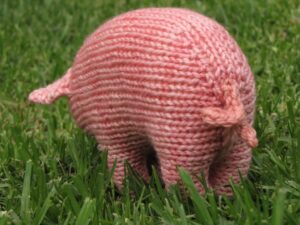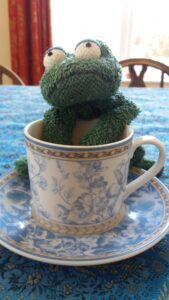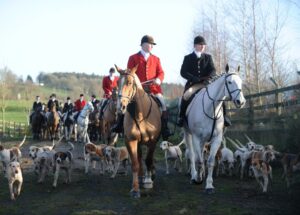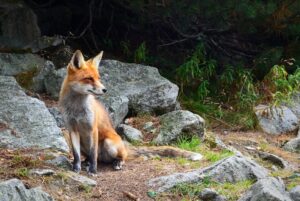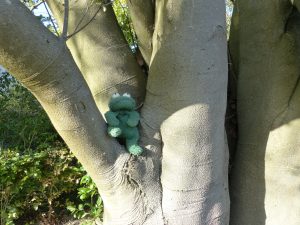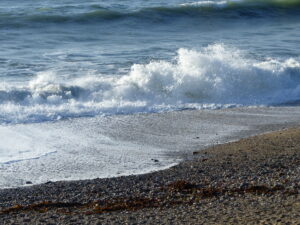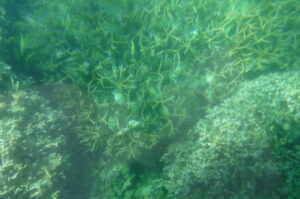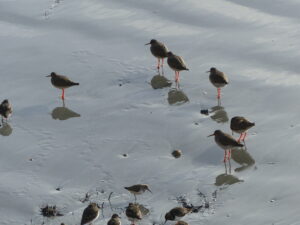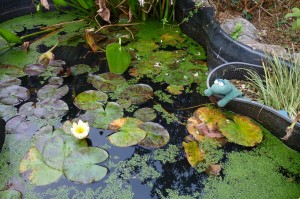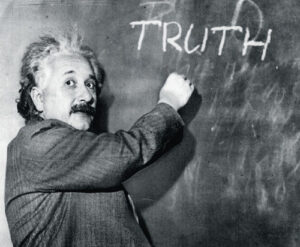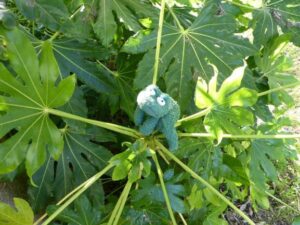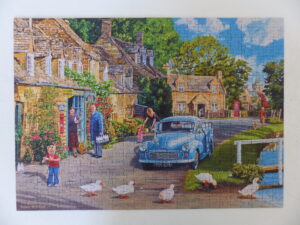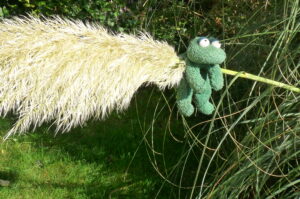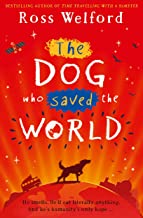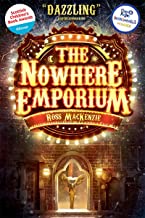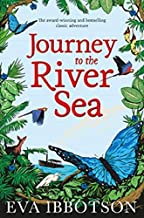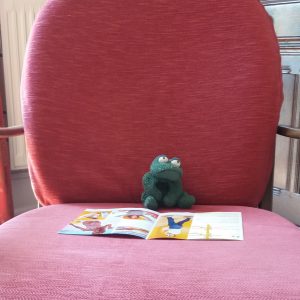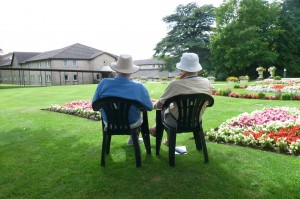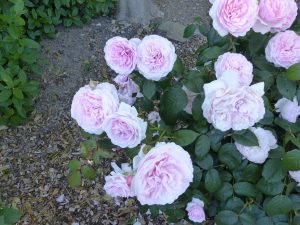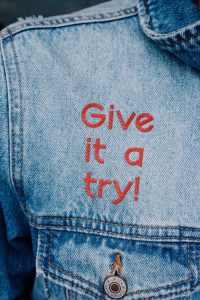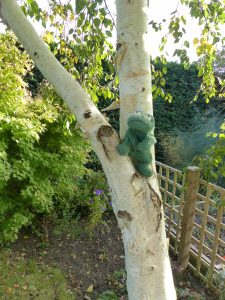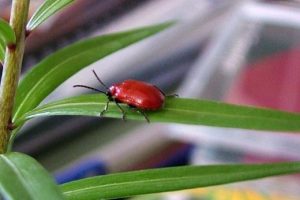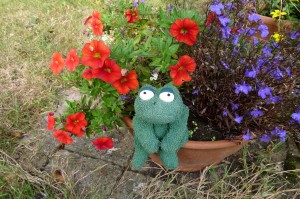When I was young and pony-tailed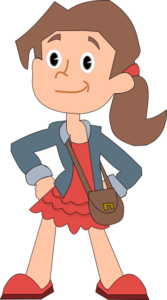
How long ago it seems!
A lovely little girl I was,
With schoolgirl hopes and dreams.
With my father and my mother,
Life would have been fantastic
But for my pesky little brother.
He always started all the fights,
Are brothers all the same?
He would swack me, I would shout
Then I’d get all the blame!
He cheated at Monopoly,
He teased me all the time,
He stabbed me with his knuckles –
That was his biggest crime.
He didn’t have a teddy bear
He had a knitted pig,
A gift from our dear auntie
When he wasn’t very big.
My brother loved this pig to bits
Indeed twas often holey
Then Mum would patch it up again.
A pink wool roly poly.
Now one day when my dearest bruv
Some cruel blows had dealt,
I thought I’d like to punish him
So he’d know how I felt!
I crept into his bedroom,
I reached right down his bed;
I got that silly Piggy out
And stroked its little head.
And then I got a bit of string
Tied Piggy up real tight
I hung it from the lampshade
To give that boy a fright!
And then I went to find him,
And this is what I said,
‘You’d better go and see your pig –
I think he could be dead!’
I’m sure I really meant no harm,
But trouble was to come
Cos when he saw his Piggy
My brother called our Mum.
She told me I was very cruel,
She gave me such a smack.
She said if I was kind to him,
He’d always be kind back.
It was only when we both grew up
I found out that was true,
If you are kind to someone else
Then they’ll be kind to you.
Well, mostly anyway. Only some of them have to be in a good mood!
And some of them can’t believe you’re trying to be nice.
Take my word for it.
And could somebody please get me out of here?


